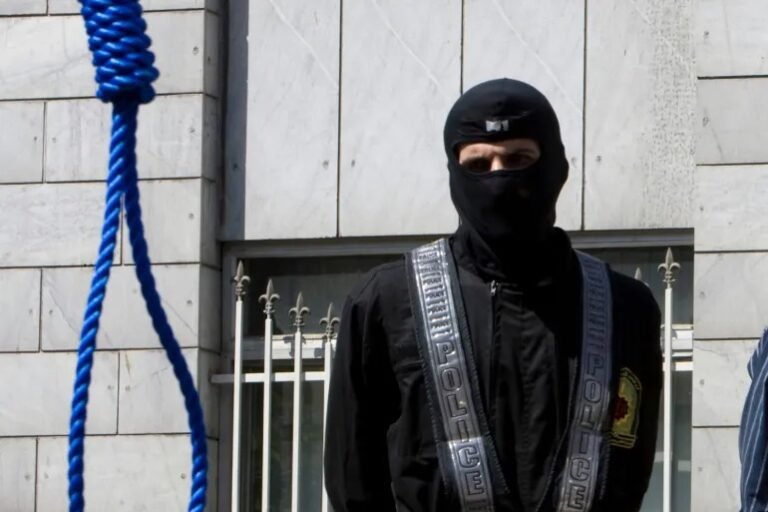Iran has executed Babak Shahbazi, a man accused of spying for Israel’s Mossad intelligence agency, according to state media. The execution has drawn swift condemnation from human rights activists, who argue the charges were fabricated and that Shahbazi was tortured into making a false confession.
Officials in Tehran said Shahbazi was convicted of passing sensitive information to Israel and aiding hostile actions against the state. His case was handled by Iran’s Revolutionary Court, which is often criticized for its lack of transparency and harsh rulings in politically sensitive cases.
Human rights organizations have raised serious concerns about the fairness of the trial. They claim Shahbazi was denied legal representation and subjected to abuse during detention. According to activists, his confession was extracted under duress, making the execution both unlawful and unjust.
The case has quickly become a flashpoint in Iran’s broader crackdown amid its escalating conflict with Israel and the United States. Analysts say Tehran is using high-profile prosecutions to send a message of strength at home while signaling defiance abroad.
In recent months, Iran has intensified its domestic security measures, targeting activists, journalists, and individuals accused of ties to foreign governments. Observers argue that these actions are part of a larger strategy to consolidate power and silence dissent during a period of heightened geopolitical pressure.
Israel has not commented directly on Shahbazi’s execution, but officials have long acknowledged that intelligence operations are central to the struggle with Tehran. The two countries remain locked in a shadow war that includes cyberattacks, espionage, and regional proxy conflicts.
The United States has also been drawn into the dispute, as Washington continues to impose sanctions on Iran while backing Israel in its regional security concerns. The execution is likely to deepen tensions with the West, further straining diplomatic efforts aimed at containing conflict in the Middle East.
Rights groups argue that Iran’s use of the death penalty in politically charged cases undermines the rule of law and violates international human rights standards. They are urging the international community to pressure Tehran to halt executions linked to contested charges of espionage and dissent.
For many observers, the timing of Shahbazi’s execution is significant. It comes as Iran faces both external threats and internal unrest, making the government eager to project power. By framing the case as a matter of national security, authorities seek to deter others accused of similar crimes.
Despite Tehran’s claims, activists warn that the execution reflects a broader pattern in which political prisoners are accused of espionage, denied due process, and executed without credible evidence. They argue that such practices are designed to intimidate the population and suppress opposition voices.
The execution of Babak Shahbazi highlights the deepening divide between Iran’s leadership and international human rights norms. As tensions with Israel and the U.S. intensify, the case underscores how ordinary citizens can become pawns in larger geopolitical struggles.
With calls for accountability growing, the controversy is unlikely to fade. For critics, Shahbazi’s death serves as yet another reminder of the human cost of authoritarian rule and the dangers of unchecked political power in times of conflict.







